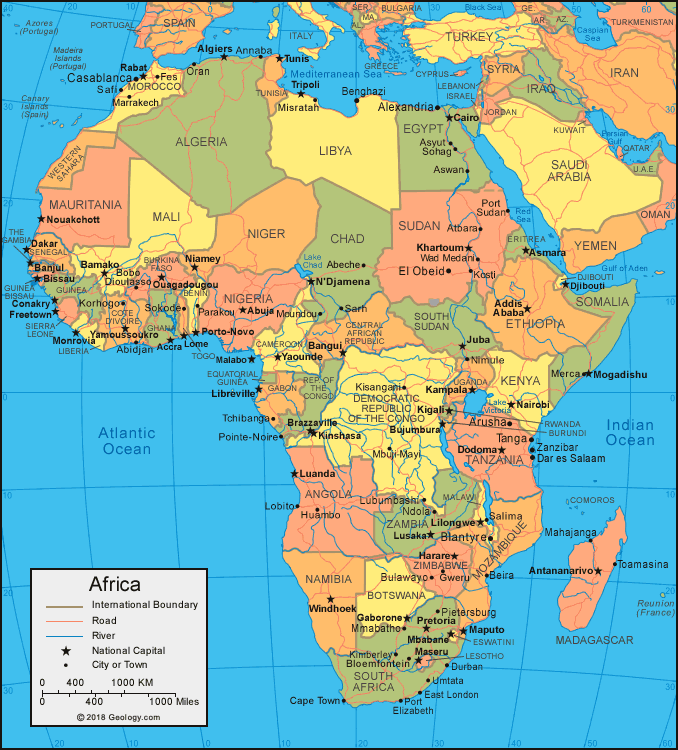82 million Nigerians may face hunger by 2030, as per UN survey. The post details the stark food insecurity projected for the country’s future.
As Nigeria stands at the precipice of an alarming food crisis, a grim forecast from the Food and Agriculture Organisation (FAO) casts a shadow over the nation’s agricultural future. The FAO projects that by 2030, about 82 million Nigerians, or 64% of the population, may face hunger. This dire prediction underscores an urgent need for the Nigerian government to address critical issues like climate change, pest infestations, and unreliable water patterns, which are crippling agricultural productivity.
Inflation and the Hunger Crisis
The National Bureau of Statistics recently reported a record high in the country’s food inflation rate at 40.66% in May 2024. This represents the largest year-on-year increase in food prices since records began in 1996. Historically, Nigeria’s food inflation has averaged 13.42%, with the lowest recorded rate of -17.50% in January 2000. The current situation is exacerbated by a surge in food prices, where staples such as rice and maize have become unaffordable for many Nigerians.
Government’s Stop-Gap Measures
In a bid to curb rising food prices, the Federal Government has announced a 150-day duty-free import window for essential food commodities, including maize, husked brown rice, wheat, and cowpeas. This initiative, part of the Presidential Accelerated Stabilisation and Advancement Plan, aims to stabilize food prices and provide relief to millions of Nigerians. Minister of Agriculture and Food Security, Abubakar Kyari, emphasized that this move would alleviate immediate food shortages while the government strengthens domestic production capabilities.
“The government has taken a raft of measures to be implemented over the next 180 days, including a 150-day duty-free import window for food commodities,” Kyari stated. This approach, however, has raised concerns about the quality and safety of imported foods, especially given global controversies surrounding genetically modified organisms (GMOs).
The Tech Solution
Technological advancements are seen as crucial for achieving sustainable development goals in food and agriculture. Satellite-based crop monitoring can provide real-time data on crop conditions, aiding farmers and policymakers in making informed decisions to optimize agricultural practices. Taofiq Braimoh, representing the FAO at the recent launch of CropWatch in Abuja, highlighted the importance of leveraging technology to bolster Nigeria’s agriculture sector and ensure food security.
“Nigeria grapples with food insecurity, climate change, unreliable water patterns, pest infestations, and other threats to agricultural productivity. Leveraging technology is crucial to strengthening our agriculture sector and ensuring food security,” Braimoh remarked.
A Call to Action
Despite the government’s measures, the challenge remains monumental. The high food import bill, which saw Nigerians spend $2.13 billion on imported food items in 2023, highlights a dependency that contradicts Nigeria’s status as the “food basket of Africa.” Local production has been hindered by inadequate infrastructure, insecurity, and climate change, making the path to self-sufficiency increasingly arduous.
Critics argue that the government’s reliance on imports is a temporary fix rather than a sustainable solution. Dele Oye, National President of the Nigerian Association of Chambers of Commerce, Industry, Mines and Agriculture (NACCIMA), commended the duty-free import window but stressed the need for a balanced approach that does not undermine domestic agricultural production. “By addressing the multiple factors contributing to rising food prices, including infrastructural challenges and market profiteering, this policy demonstrates a comprehensive approach to ensuring food affordability,” Oye said.
As Nigeria navigates this complex landscape, the government must prioritize long-term strategies to bolster local agricultural production, enhance food security, and mitigate the impacts of climate change. The stakes are high, and the path forward requires concerted efforts from all sectors to ensure a future where hunger is not a defining feature of Nigerian life.


